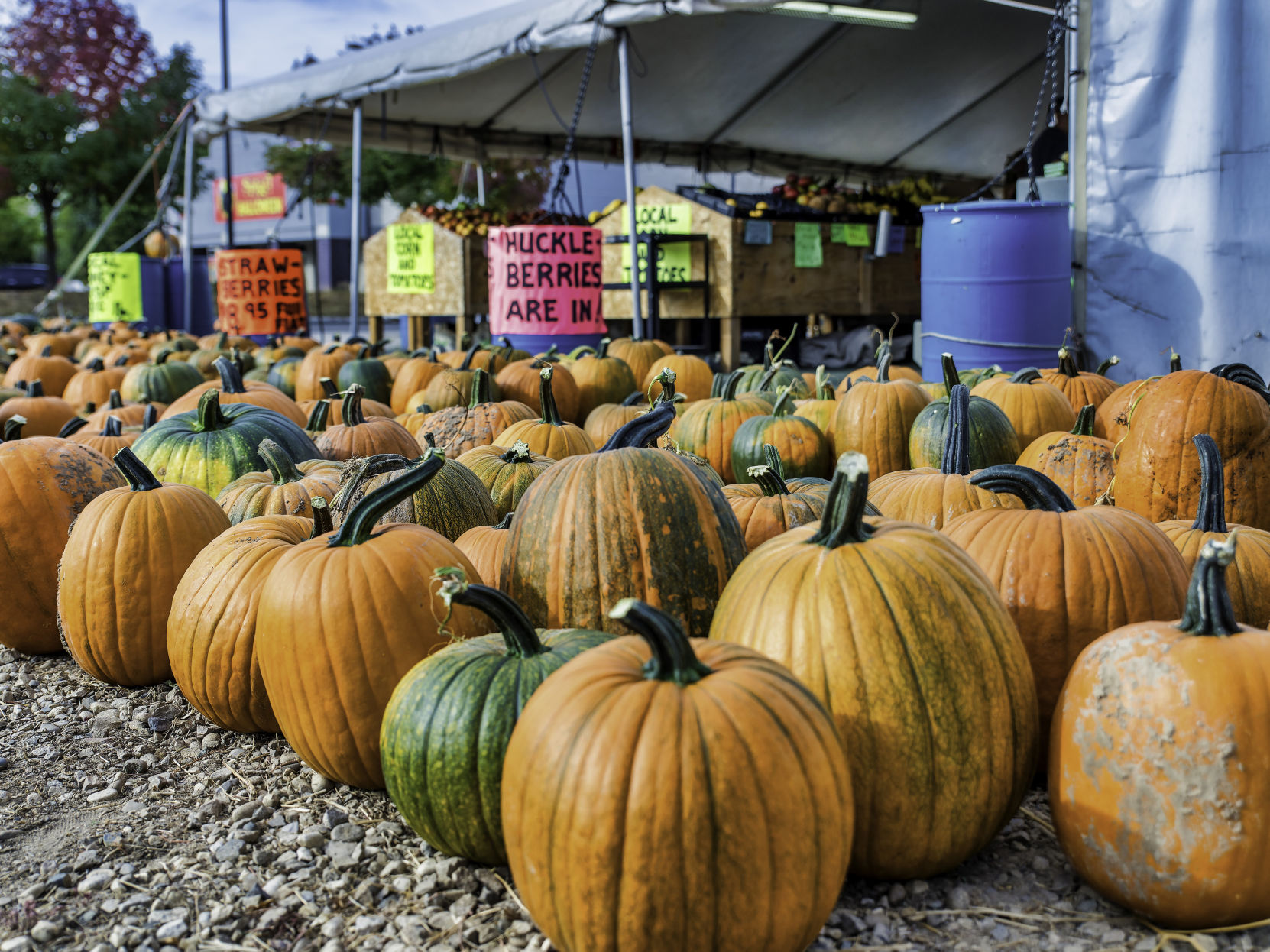ISU Extension and Outreach publication highlights top 13 vegetables for donation
A home garden provides fresh produce that family, friends and neighbors can enjoy throughout the growing season. Inevitably, there will be excess produce harvested, providing an easy way to make an impact on a community.
Donating produce from a vegetable garden to a local food pantry can help give those without access to fresh and healthy foods an opportunity to incorporate them into their diets.
A publication available from Iowa State University Extension and Outreach, “Top 13 vegetables to donate to food pantries” (HORT 3068, available at https://store.extension.iastate.edu/Product/14938), provides information on the type of vegetables food pantries need the most. The publication is authored by Cindy Haynes, associate professor and extension specialist in horticulture at Iowa State.
“This publication is designed to encourage gardeners who have extra produce to recognize much of what they have is perfect for a food pantry,” Haynes said. “If you think and plan ahead, you can plant extra vegetables for the purpose of donations. It may be as simple as a half row of potatoes or one extra zucchini that produces multiple trips to the food pantry without a lot of extra effort in the garden.”
These donations can help meet a major need in Iowa communities.
“Iowa food pantries have made it known that their guests would love to have fresh produce available,” Haynes said. “These items can be expensive in a grocery store. Most gardeners have excess produce that is harvested, so we want to encourage them to use the vegetables they have to benefit those who are food insecure.”
The publication lists 13 vegetables that are preferred by food pantries. In most cases these vegetables are recognizable, simple to prepare, and can be used in many different ways. An overview of each crop, as well as information about harvest and cleaning, is available in the publication.
“There are other fruits and vegetables not mentioned in the publication that food pantries would be happy to receive,” Haynes said.
Contacting a local food pantry before planting can help gardeners have a better idea of what vegetables are needed at that location. Calls to food pantries during harvest are also recommended to make sure they are in current need of the specific crop that is being donated.


